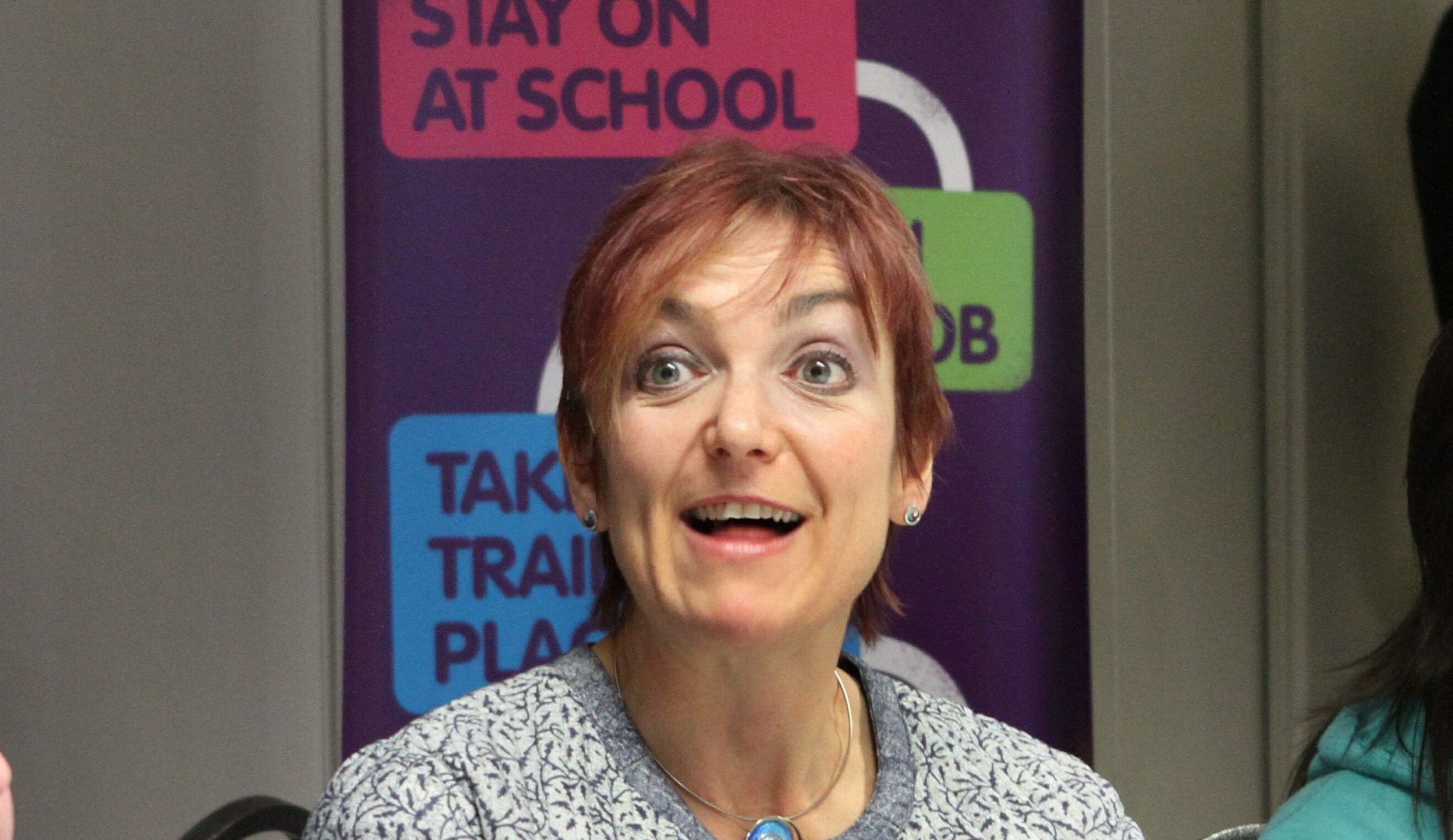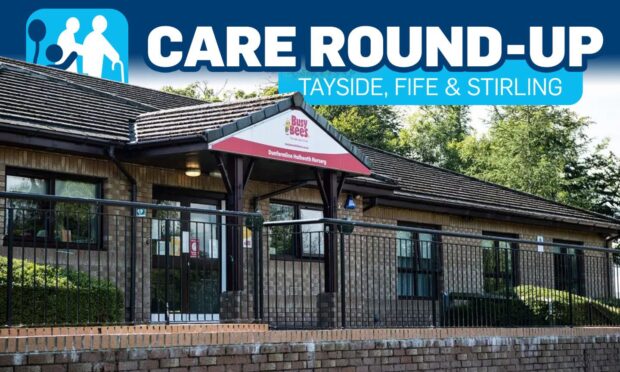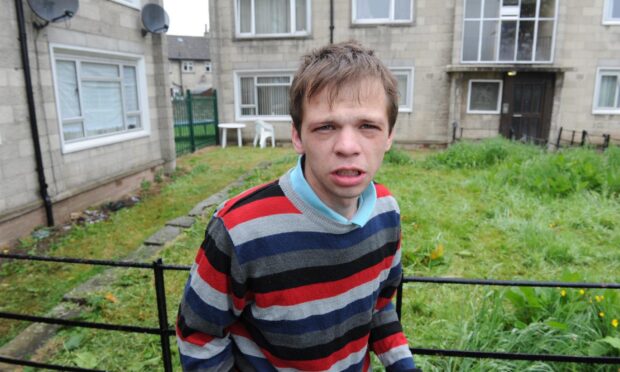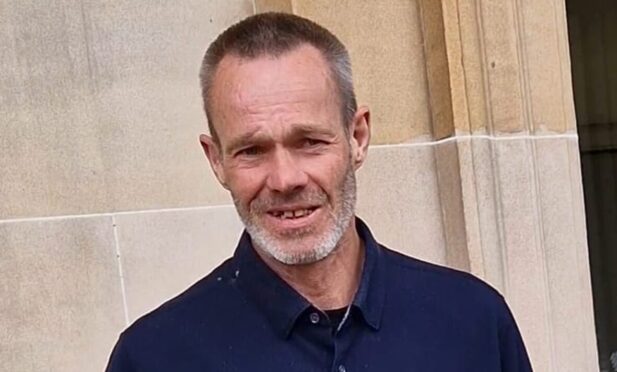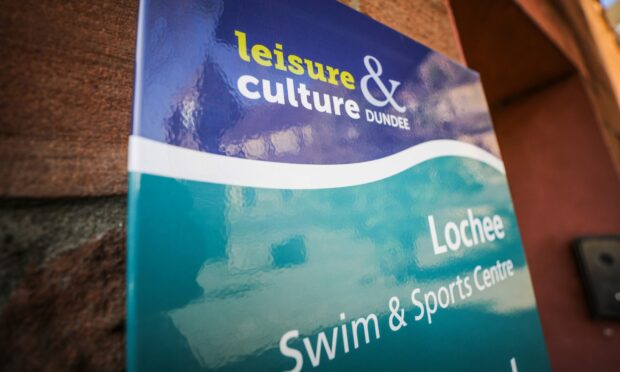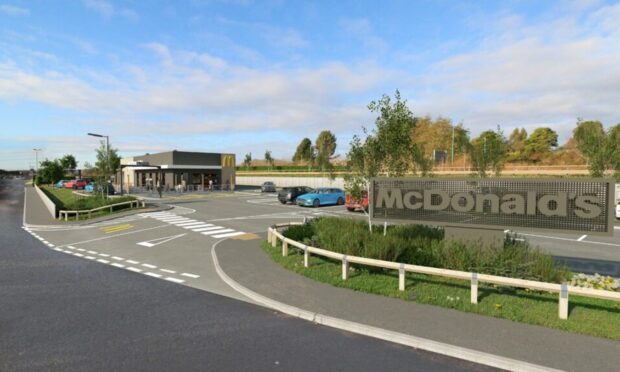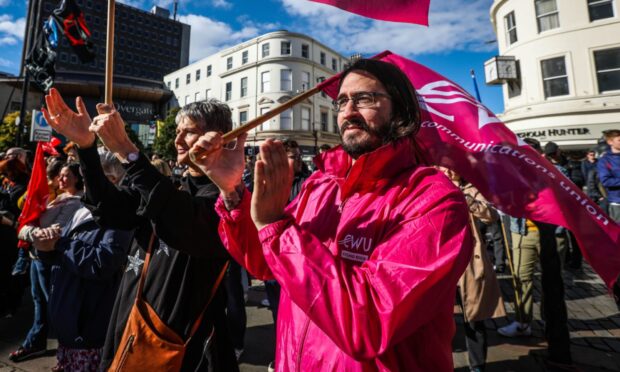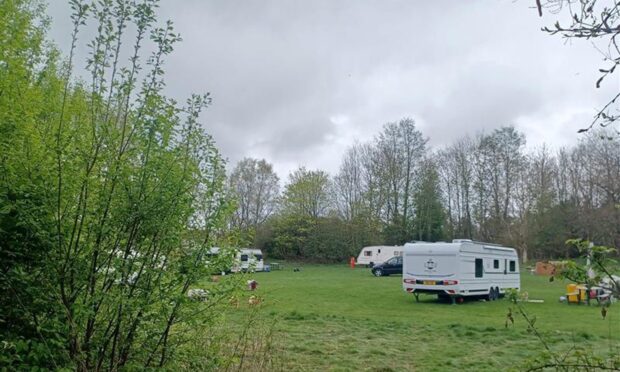There are approximately one million reasons why I could never become a politician.
Foremost among them is my general unlikeability. Second would be the rather sensible tendency to doubt.
While we generally admire conviction politicians, at least those whose convictions tally with our own, these days conviction has been replaced by blind faith and unwavering certainty.
Both Brexit campaigners and Donald Trump rode to electoral success on campaigns based on simple absolutes and bold, uncompromising statements.
Our own politicians are not above such headline-grabbing pronouncements either.
Take for example, Angela Constance’s visit to Dundee last week where the equalities minister blithely announced that the Scottish Government can end child poverty.
Now, while the aims of the Scottish Government’s new child poverty Bill are undeniably laudable, to think this is the beginning of the end of child poverty requires a rather significant suspension of disbelief.
Currently, one in five Scottish children live in either relative or absolute poverty, a figure that is far too high.
Relative poverty is where a family earns less than 60% of the national average while absolute poverty is where earnings are less than 60% of the average wage in 1999.
Children growing up in these poorer households tend to perform worse in school, end up in lower paying jobs, and so the cycle of poverty continues.
But ending child poverty requires the ending of poverty itself, a challenge so great that no government or any political system has ever managed it.
Nevertheless, Ms Constance is confident ending child poverty can be achieved, although the actual “how” is more than a little vague.
Instead, the Bill includes proposals to include statutory targets for health boards and the Scottish Government to reduce the number of children living in poverty and commitment to publish, at some point, a delivery plan on ending child poverty.
While the ambition should not be sneered at, a little leadership about ways to actually make those reductions would be welcome rather than the unwavering belief it will happen.
It’s a statement of intent rather a coherent action plan.
In Dundee, Ms Constance asked “what the purpose of being in politics is, if not to give our children the best start in life?”
She’s right. But it’s the job of politicians to make things happen rather than offering up empty platitudes
